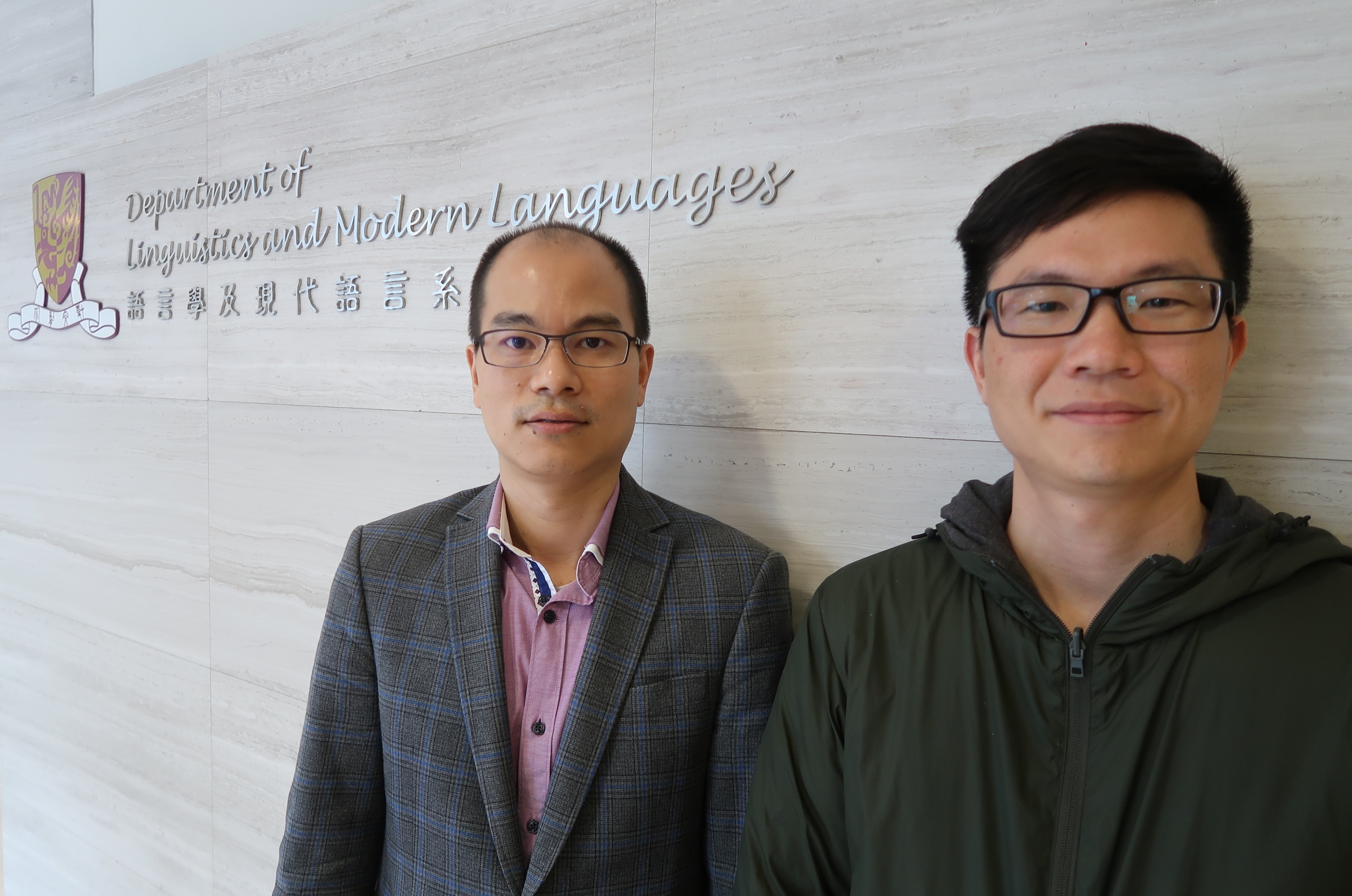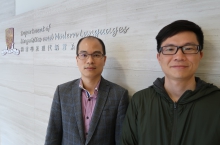CUHK
News Centre
CUHK and US Researchers Use Brain Scan to Predict Language Improvement after a Cochlear Implant in Deaf ChildrenLaying the Foundation for Creation of Brain Tailored Therapy
In a new international collaborative study between the Brain and Mind Institute (BMI) at The Chinese University of Hong Kong (CUHK) and Ann & Robert H. Lurie Children’s Hospital of Chicago, USA, researchers created a machine learning algorithm that uses brain scans to predict language ability in deaf children after they have received a cochlear implant. This could help develop tailored therapies for deaf children. The study was published in the Proceedings of the National Academy of Sciences.
Successful hearing and spoken language development depends on both the ears and the brain. Hearing loss early in life deprives the auditory areas of the brain of stimulation, which causes atypical patterns of brain development. Although decades of research has shown that early cochlear implantation is critical in enabling many children with hearing loss to understand and develop speech, some children lag behind their normal hearing peers despite receiving an implant as an infant or toddler. Helping these children achieve the language and literacy of hearing children is important, as these skills are critical to academic success, social and emotional well-being and employment opportunities.
“The ability to predict language development is important because it allows clinicians and educators to intervene with therapy to maximise language learning for the child,” said senior author Prof. Patrick Wong Chun Man, a cognitive neuroscientist, Professor from the Department of Linguistics and Modern Languages, Stanley Ho Professor of Cognitive Neuroscience, and Director of BMI at CUHK.
“So far, we have not had a reliable way to predict which children are at risk of developing poorer language. Our study is the first to provide clinicians and caregivers with concrete information about how much language improvement can be expected, given the child’s brain development immediately before surgery,” said co-senior author Dr. Nancy M. Young, Medical Director, Audiology and Cochlear Implant Programs at Lurie Children’s, and a surgeon and professor at Northwestern University Feinberg School of Medicine. “The ability to forecast children at risk is the critical first step to improving their outcome. It will lay the groundwork for future development and testing of customized therapies.”
After implanting a cochlear, children will receive hearing and verbal rehabilitation, including sound recognition, pronunciation and language comprehension training. However, brain development varies from person to person. Therefore, a one-size-fits-all intensive therapy approach is impractical and cannot adequately address the needs of children who may have developmental delays.
Dr. Gangyi Feng, first author and research assistant professor from BMI and the Department of Linguistics and Modern Languages at CUHK, said, “Using an advanced machine learning algorithm, we can predict individual children’s future language development based on their brain images before surgery. Such prediction ability is a key step in achieving personalized therapy, which could transform many lives.”
“We used magnetic resonance imaging (MRI) to capture these atypical patterns before cochlear implant surgery and constructed a machine-learning algorithm for predicting language development with a relatively high degree of accuracy, specificity and sensitivity,” Prof. Wong explained. “Although the current algorithm is built for children with hearing impairment, research is being conducted to also predict language development in other pediatric populations.”
About the Brain and Mind Institute
The Brain and Mind Institute at CUHK was established in 2015 with generous support from the Dr. Stanley Ho Medical Development Foundation. It is an interdisciplinary research hub for conducting basic and translational work that targets investigations from molecule to behavior to solve complex problems concerning language, cognition, learning and their neural and neurogenetic underpinnings.
Optimising language learning in early childhood is one of the four BMI’s research themes. Researchers hope to be in a better position to plan effective educational and clinical interventions from the ability to make developmental predictions. In addition to the development of the machine learning algorithm that uses brain scans to predict language development in deaf children, BMI’s current signature project – the Stanley Ho Developmental Cohort Study – also aims to strengthen clinicians’ and scientists’ ability to predict the trajectory of neurocognitive development in children from the earliest possible time and to identify developmental disorders before they even surface.
Prof. Patrick Wong Chun Man (left), Professor from the Department of Linguistics and Modern Languages, Stanley Ho Professor of Cognitive Neuroscience, and Director of BMI at CUHK; Dr. Gangyi Feng (right), research assistant professor from the Department of Linguistics and Modern Languages and BMI at CUHK.





